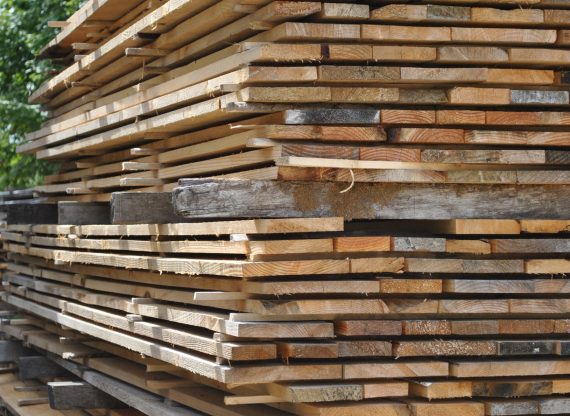Americans should cheer WTO decision on lumber tariffs

The World Trade Organization (WTO) declared on Monday that the US Department of Commerce and International Trade Commission were wrong to impose countervailing duties on Canadian softwood lumber exports back in 2017. Canadian lumber producers were buoyed by the news, hoping that it will be a first step in resolving this latest chapter in the recurring decades-long dispute between the two trading partners.
US trade ambassador Robert Lighthizer, however, argued that “the WTO dispute settlement system is being used to shield non-market practices and harm US interests.” He maintains that Canada’s regulated forestry industry provides “pervasive subsidies” for Canadian producers.
Set aside for the moment the fact that a third party, the WTO dispute-resolution panel, rejected this claim of a subsidized Canadian industry. Which US interests, exactly, would be harmed by getting rid of tariffs on Canadian softwood lumber?
Surely not the interests of the American residential construction industry. Builders are currently dealing with sky-high lumber prices and shortages, with prices rising over $800 per thousand board feet last week, from around $400 just a few months ago. The National Association of Home Builders (NAHB) is asking the White House to “work with Canada on a new softwood lumber agreement that would end tariffs averaging more than 20% on Canadian lumber.”
The interests of American home buyers are not served by tariffs either, as higher lumber prices get passed on to them. According to the NAHB, the recent price surge has led to an increase of over $16,000 in the price of a new single-family home. And while the surge admittedly has multiple causes, eliminating tariffs would help lower prices and ease shortages.
Finally, the American economy as a whole is not served by tariffs on Canadian lumber. As the NAHB puts it, “These sharp increases threaten the affordability of new homes and the housing sector, which is leading the nation’s economic recovery.” Eliminating tariffs could thus give the US recovery a welcome boost.
As the MEI has pointed out before, only a small group of US lumber producers reap net benefits from tariffs thanks to their lobbying efforts. Unfortunately, this comes at the expense of most everyone else. Politicians have a duty to resist the influence of lobby groups that want to restrict free trade and defend the millions who pay the price for protectionism.

